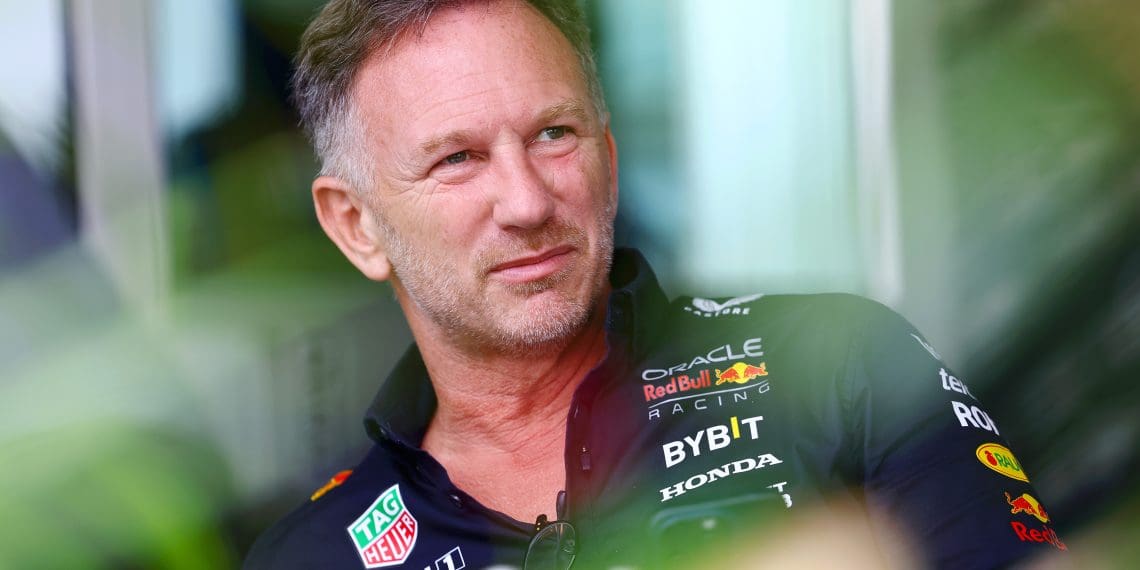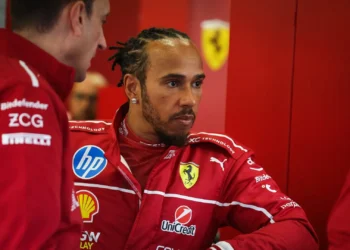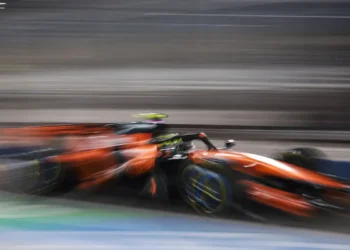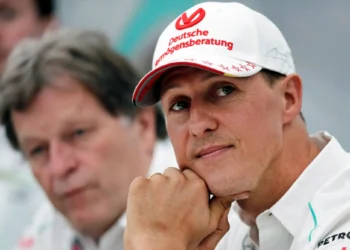After a mixed 2024 season where Red Bull started strong but faltered in the latter half, team boss Christian Horner is already looking ahead to 2025, anticipating a highly competitive and dynamic championship battle. With major regulatory changes looming for 2026, Horner believes that 2025 will be pivotal for all teams aiming to cement their positions before the sport undergoes a seismic shift.
A Four-Team Showdown
Reflecting on the competitive landscape of 2024, Horner highlighted the emergence of four top teams—McLaren, Ferrari, Mercedes, and Red Bull—capable of battling for victories. Despite Max Verstappen’s heroics in securing his fourth Drivers’ Championship, Red Bull slipped to third in the Constructors’ standings behind McLaren and Ferrari.
“Everything indicates that 2025 will be a fantastic season. If you look at how high the level of performance is, especially among the four teams that were able to fight at the top, then you can expect a thriller,” said Horner.
The expanded 24-race calendar further adds to the challenge, with teams needing to maintain performance across a grueling season.
Balancing Present and Future Development
The 2025 season marks the final year of the current regulations before a massive overhaul in 2026, which Horner describes as “the biggest rule change in 50 or 60 years.” Teams face a delicate balancing act—investing resources in the current car while preparing for the next generation of Formula 1 machines.
“Teams have to constantly weigh up how they want to distribute their resources,” explained Horner. “If you are in the fight for the F1 world championship title for a longer period of time, then the further development of the current car also takes longer.”
Red Bull finds itself in an intriguing position heading into 2025. Their third-place finish in the Constructors’ standings grants them more wind-tunnel time than McLaren and Ferrari, a crucial advantage under F1’s cost cap regulations aimed at leveling the playing field.
“The additional wind-tunnel work that we can do as third-placed is an advantage,” Horner noted. “The earlier you can start developing for the new rules, the greater your advantage. But if it’s a close battle right up to the last round, then the use of resources is a balancing act that’s really tricky.”
Horner’s Milestone Year
2025 also marks Christian Horner’s 20th season as team principal of Red Bull Racing. Since their debut at the 2005 Australian Grand Prix, Horner has overseen the team’s transformation into a dominant force, leading them to six Constructors’ Championships and producing multiple World Champions in Sebastian Vettel and Max Verstappen.
Horner’s leadership and ability to navigate the evolving challenges of F1 will be tested once again as Red Bull aims to reclaim its position at the top while preparing for the radical 2026 regulations.
What’s Next for Red Bull?
With Verstappen still at the peak of his powers and the promising Liam Lawson stepping into a full-time seat, Red Bull has both experience and fresh talent in its lineup. However, the competition from McLaren’s resurgent form, Ferrari’s consistent pace, and Mercedes’ hunger for redemption will ensure that the path to success in 2025 is anything but straightforward.
As Horner put it, the 2025 season is shaping up to be “a thriller.” The Red Bull boss knows the stakes are high, not just for the upcoming season but for the team’s long-term prospects in the next era of Formula 1.










